Specifications
| book-author | Josef Pieper |
|---|---|
| file-type | |
| isbn10 | 1681492911 |
| isbn13 | 9781681492919 |
| language | English |
| publisher | Ignatius Press |
Book Description
“Leisure: The Basis of Culture” and “The Philosophical Act” by Josef Pieper, with translations and commentary by Alexander Dru and James V. Schall, are seminal works that explore the profound relationship between leisure, culture, and philosophy. Written by the German philosopher Josef Pieper, these essays delve into the idea that true leisure is foundational to both cultural development and philosophical inquiry. Here’s an overview of these works:
### **1. Leisure: The Basis of Culture**
– **Core Thesis:** In “Leisure: The Basis of Culture,” Pieper argues that leisure, far from being mere idleness, is a necessary condition for the cultivation of culture and the flourishing of human life. He suggests that leisure is a state of receptive contemplation, essential for both personal and societal well-being.
– **Critique of Modern Work Culture:** Pieper critiques the modern emphasis on work and productivity, which he believes has led to the devaluation of leisure and the reduction of human life to utilitarian ends. He warns against a culture that prioritizes work over the contemplative aspects of life, leading to a loss of meaning and depth in human existence.
– **Leisure as a Spiritual Activity:** Pieper presents leisure as a deeply spiritual activity that allows individuals to engage with higher truths and values. It is through leisure that people can connect with the divine, appreciate beauty, and experience true freedom.
– **Cultural Implications:** The essay explores how leisure is vital for the creation and preservation of culture. Pieper argues that without leisure, there can be no art, no philosophy, and no true civilization.
### **2. The Philosophical Act**
– **Philosophical Reflection:** In “The Philosophical Act,” Pieper delves into the nature of philosophy itself, characterizing it as an act of contemplation that transcends the practical concerns of everyday life. Philosophy, for Pieper, is not just an academic discipline but a way of life that seeks to understand the fundamental nature of reality.
– **Relation to Leisure:** Pieper links philosophy to leisure, arguing that only in a state of leisure can true philosophical inquiry occur. Philosophy requires the freedom to wonder, to ask profound questions, and to seek truth without the constraints of utilitarian demands.
– **Critique of Rationalism:** Pieper critiques modern rationalism and the tendency to reduce all knowledge to empirical science. He defends the value of philosophical knowledge, which seeks to understand the essence of things beyond what is measurable or useful.
– **Connection to the Divine:** The philosophical act, according to Pieper, is ultimately a way of reaching toward the divine. Philosophy opens up the possibility of encountering the transcendent, allowing humans to glimpse the eternal truths that underlie the world of experience.
### **3. Contributions of Alexander Dru and James V. Schall**
– **Translation and Commentary:** Alexander Dru's translation makes Pieper's profound insights accessible to an English-speaking audience, while James V. Schall’s commentary provides additional context and analysis, helping readers to appreciate the relevance of Pieper’s ideas in the contemporary world.
– **Philosophical Context:** Schall, a prominent scholar of political philosophy and theology, offers reflections on how Pieper's ideas resonate with broader philosophical and theological traditions, particularly within the context of Western thought.
### **4. Impact and Legacy**
– **Influence on Modern Thought:** Pieper’s work has had a significant impact on contemporary philosophy, particularly in discussions about the nature of work, culture, and human flourishing. His critique of the modern work ethos and his defense of leisure as essential to a good life have influenced thinkers in various fields, from theology to education.
– **Relevance Today:** The themes explored in these works remain highly relevant in today's fast-paced, productivity-driven society. Pieper’s insights challenge contemporary attitudes toward work and leisure, encouraging a re-examination of what it means to live a fulfilled and meaningful life.
### **5. Themes of Spirituality and Human Existence**
– **Integration of Faith and Reason:** Pieper’s works exemplify a harmonious integration of faith and reason. His reflections are deeply rooted in Christian philosophy, particularly the thought of Thomas Aquinas, yet they speak to universal human concerns about the nature of existence and the pursuit of truth.
– **Philosophy as a Way of Life:** Both essays underscore the idea that philosophy is not just a theoretical exercise but a way of life that involves the whole person. Philosophy, in Pieper’s view, is about living in accordance with the truth, which requires both intellectual and spiritual engagement.
“Leisure: The Basis of Culture” and “The Philosophical Act” by Josef Pieper, with contributions from Alexander Dru and James V. Schall, are essential readings for anyone interested in the intersection of philosophy, culture, and spirituality. These works offer a profound meditation on the importance of leisure and the philosophical life as cornerstones of a truly humane and cultured society.

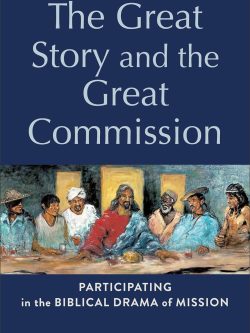
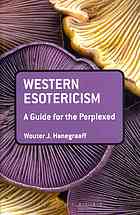
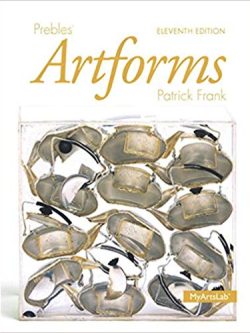
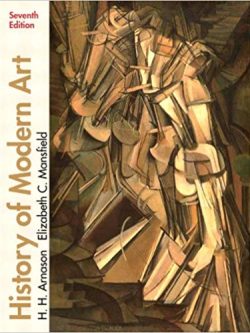
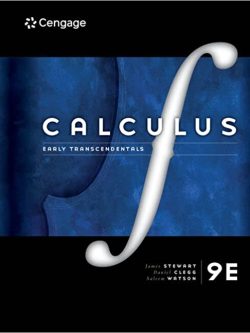
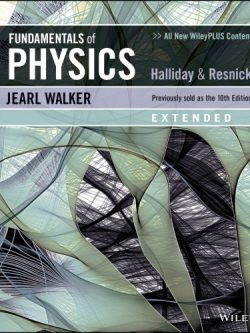
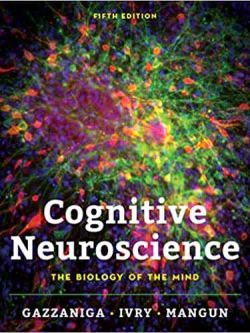
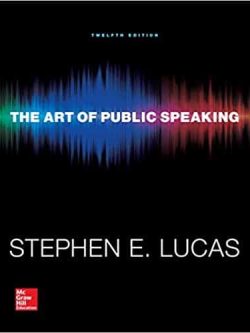
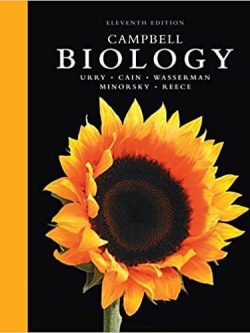

Reviews
There are no reviews yet.